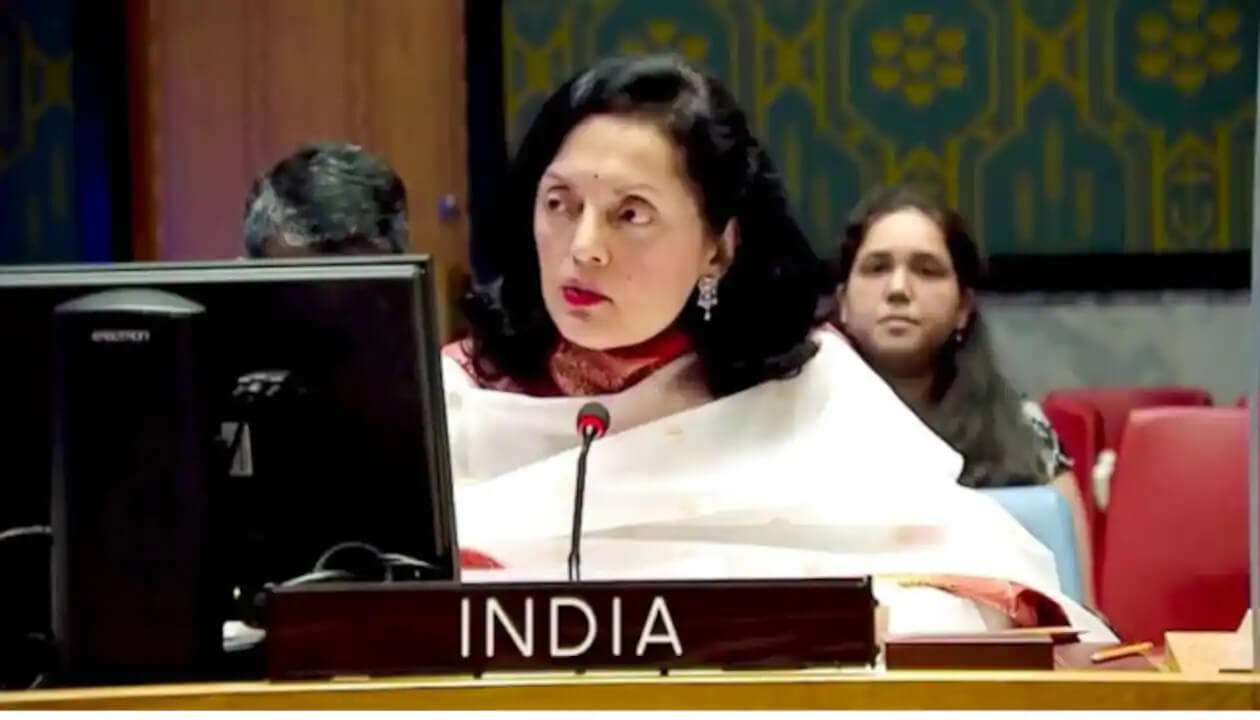India’s Permanent Representative at the UN, Ruchira Kamboj, vowed to use New Delhi’s G20 Presidency to address the food and energy security crises, particularly with respect to vulnerable communities globally.
The UN envoy made this assurance during a UN event in New York, titled, “Ensuring the security and dignity of civilians in conflict: Addressing food insecurity and protecting essential services.”
Raising Concern About Food Insecurity
Kamboj highlighted that food insecurity is at “alarming proportions” globally, and those affected will “double [in] number [compared to] 2020.” She further stressed that the situations in Ukraine and Afghanistan “have only exacerbated the crisis.”
In particular, Kamboj noted that the Global South has been “disproportionately” affected, further deteriorating food insecurity and poverty.
Food insecurity knows no borders. As @g20org Chair, we advocate for collective solutions, quick humanitarian access, capacity building & equity in addressing 🌍 crisis. Ready to extend a helping hand to those in need & continue to walk the talk
— India at UN, NY (@IndiaUNNewYork) May 24, 2023
- PR @ruchirakamboj at #UNSC today pic.twitter.com/vCH1Y5CV27
In May, a UN report highlighted that over 258 million people faced acute food insecurity in 2022.
Recommendations
First, Kamboj recommended “collective and common” responses through “dialogue and diplomacy.” She supported the Black Sea Grain initiative, which was recently extended for two more months after diplomatic efforts. In addition, she informed the UN of India’s intention to use the G20 Presidency to address food insecurity.
Second, she said it is critical to provide “quick humanitarian access” to those affected by conflict and violence and avoid politicising humanitarian assistance.
Third, she highlighted the need for “capacity building support” to help countries facing the dual threats of armed conflict and terrorism along with “extreme weather, crop pests, food price volatility, exclusion, and economic shocks.”
Shared my thoughts at the session on ‘Working Together to Address Multiple Crisis’. It is important for us to work together for the betterment of our planet and to address the challenges we face relating to sectors such as healthcare, wellness food security and more. https://t.co/XnCCfhN5Ah
— Narendra Modi (@narendramodi) May 20, 2023
Kamboj said such “fragile” economies should be supported in “designing, implementing, and monitoring policies and programs related to food security.”
Lastly, the Indian envoy noted the importance of “equity, affordability, and accessibility.” She said, “Open markets” should not become an argument to perpetuate inequity, which would only discriminate against the Global South.”

